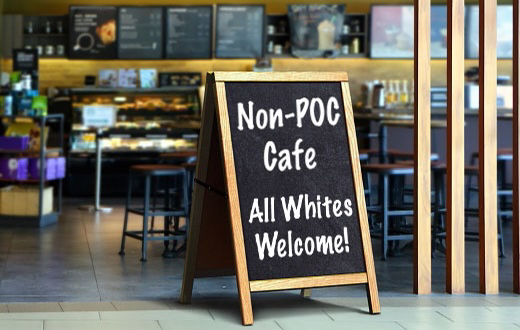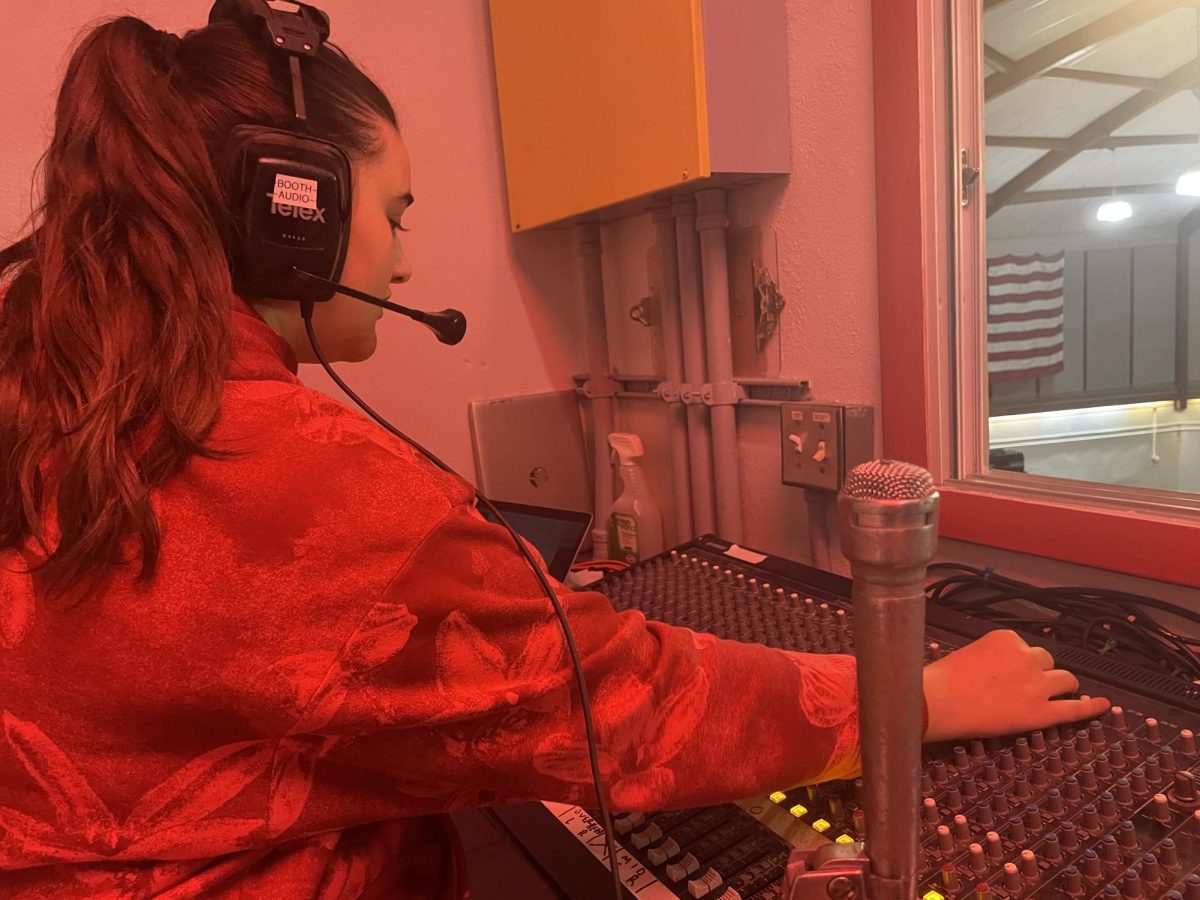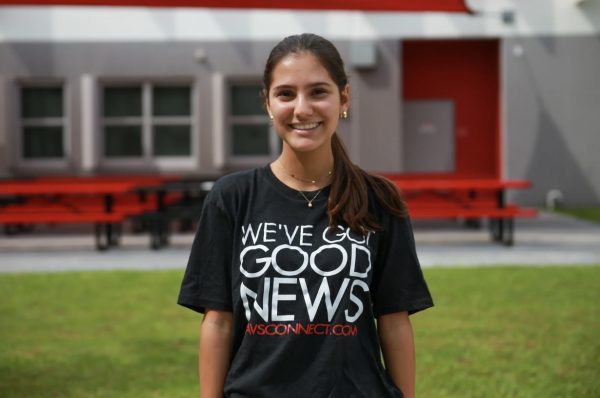University of Michigan Creates a Non-POC Cafe

The University of Michigan received a great deal of backlash over one of the online communities promoted a Non-POC Cafe for students.
Oct 28, 2020
There have been many instances where phrasing something the wrong way has backfired harshly, mostly in politics and companies. In this particular case, University of Michigan Dearborn’s Center of Social Justice posted a tweet promoting their new “Non-POC Cafe.” However, this resulted in serious consequences where the university and the virtual cafe gained backlash from the student body and ultimately received national attention. Their phrasing of the “Non-POC Cafe” was outright wrong, which brings about the large-scale problems United States colleges are experiencing now with racism on campus and what they’re trying to do about it.
The “Non-POC Cafe” was created as a virtual discussion group for non-people of color to gather and discuss their experiences as students on campus via Zoom. It was advertised on the UM-Dearborn website and on Instagram. Immediately after being introduced to the public, it gained controversy. Shortly after, to protest this act, The Black, Indigenous, and People of Color Cafe launched a virtual meetup for UM-Dearborn students that identify as part of those communities. Funny enough, both meetings were scheduled to take place on Tuesday, 2-3 p.m. as they wanted to protest this seemingly racist act. Though, almost immediately after the University of Michigan released a formal statement saying “UM-Dearborn sincerely regrets the terms used to describe the ‘cafe’ events held on Sep. 8.” They claimed that the original intent of the cafe was supposed to give white people an opportunity to deepen their understanding of race and racism without harming or relying on students of color to educate them. This is a reasonable option for such students to educate themselves, however it should be conducted without having to display a segregated setting. This incident may have been just a horrible mistake, a slip of the tongue, when it was meant to aid UM-Dearborn’s commitment to incorporating diversity and equity into their campus. So, apologizing and fixing the problem was a smart decision from the university at the end of the day, yet this incident sheds light on college settings that might not be so “inclusionary” after all.
“Personally, I have only heard about the apology from UM-Dearborn about their advertising of this cafe. When I actually heard about the cafe, my first thought was that it was racist and this really sounds like segregation,” freshman Sabrina Valdes said.
Although this university apologized immediately, it does not mean that other colleges and universities out there have not come across these types of issues themselves. There seems to be an epidemic of college campuses re-organizing their student centers. As a matter of fact, the ones fighting for the separation of races are part of the Black community. The reason behind their need for these safe spaces is because of the oppression and descrimination they are facing from their classmates and administrators. With that, many of their colleges are considering safe houses for students of color who feel oppressed in their own campuses. The University of California, Los Angeles, received their Black students’ demands for this with the university providing them with a new housing center called the “Afro-House” for BIPOC students only. The reasons why these students feel the need for spaces such as these are quite worrying and sad, no student should feel the need to have entirely separate housing because they feel unsafe in the open university environment. Universities, rather than just creating these houses and isolating BIPOC students from the rest, should look at their own administration and get to the root problem of the racist tendencies on their campus.
The University of Michigan cafe scandal was brought to national attention but how many similar events aren’t? Students of all races and ethnicities should coexist with each other and should learn all together. No race should be separated from one another and the fact that students of color still feel oppression from their universities and fellow classmates is the main issue at hand. We should be providing for these students and fight against these problems instead of creating “solutions” that only divide them further. Segregation is a thing of the past and we need to make sure it stays that way.











